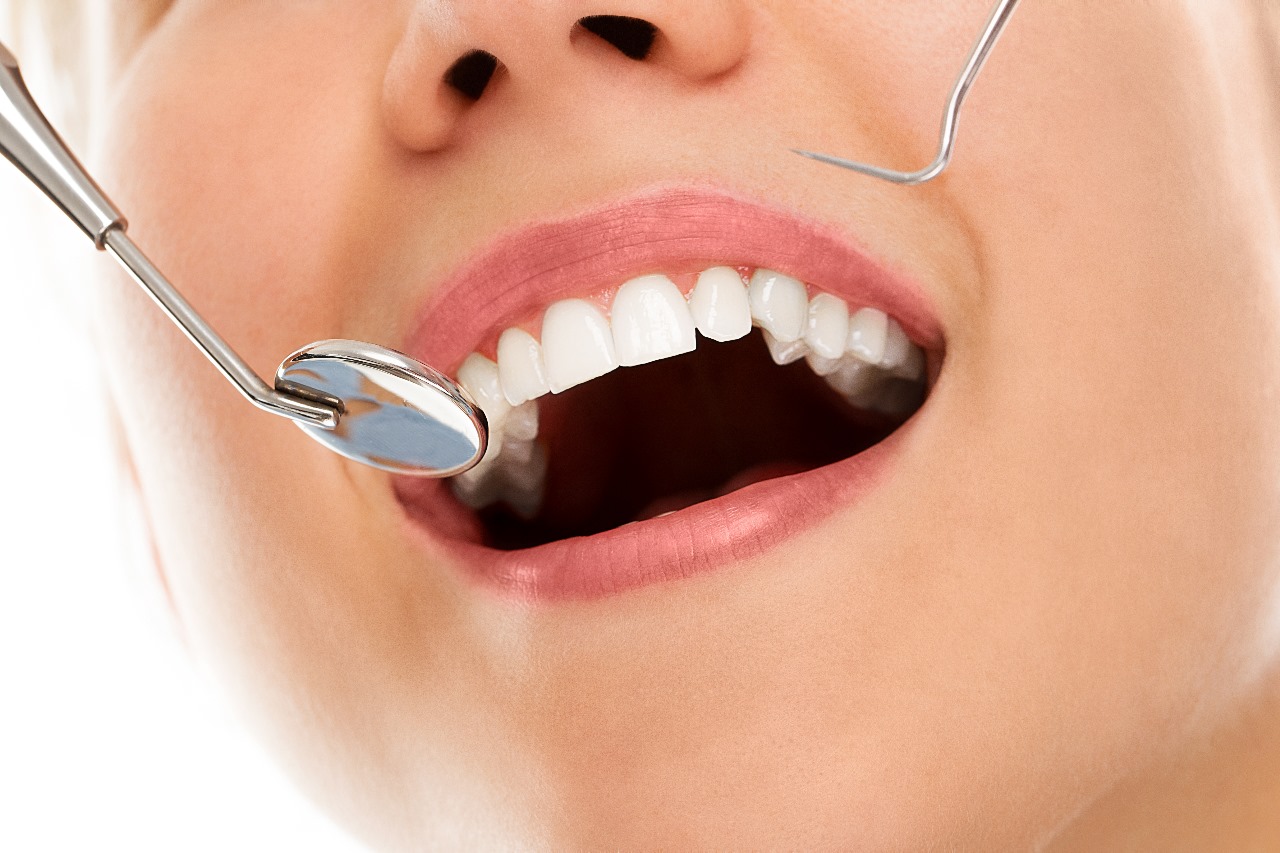Dental crowns are integral to restorative dentistry, providing a functional and aesthetic solution for damaged or weakened teeth. Whether you’re repairing a cracked tooth, treating decay, or protecting a tooth after a root canal, crown placement is a reliable dental procedure that enhances oral health. Let’s explore the key advantages of dental crowns and how they contribute to tooth restoration.
Restore Function to Damaged Teeth
Dental crowns are highly effective in restoring damaged teeth. Teeth that are cracked, broken, or weakened by decay often require extra support to maintain structural integrity. Placing a crown over the damaged tooth protects it from further deterioration and fortifies it for everyday activities such as chewing. Crowns are crafted from durable materials such as porcelain, ceramic, or metal, which replicate the strength and functionality of natural teeth. These materials are selected based on the location of the affected tooth and the level of stress it endures.
Improve Aesthetic Tooth Appearance
Crowns not only restore function but also improve the appearance of your teeth. They are custom-designed to match the size, shape, and color of neighboring teeth, enabling a cohesive and natural-looking smile. This makes dental crowns helpful for addressing issues such as uneven or discolored teeth. Patients seeking cracked tooth repair or broken tooth treatment often find crowns beneficial for achieving a polished, uniform appearance. Dental professionals use shade-matching technology to make sure that the crown blends seamlessly with your existing teeth, resulting in a visually pleasing outcome.
Protection and Support After Dental Procedures
After a root canal, the treated tooth is often fragile and susceptible to reinfection or fracture. A dental crown acts as a protective barrier, shielding the tooth and allowing it to regain strength. This step is fundamental in supporting the long-term success of root canal therapy. Crown placement in these cases not only safeguards the tooth but also restores its full functionality.
Another key application of dental crowns is in the placement of dental bridges. When a tooth is missing, crowns are used to anchor the bridge securely in place. These crowns are affixed to the natural teeth adjacent to the gap, offering a stable foundation for the artificial tooth. Dental bridges supported by crowns are also beneficial in preserving the shape of your face and preventing the shifting of surrounding teeth.
Enhance Chewing and Speech Ability
Crowns play a key role in restoring proper tooth structure, which directly impacts both chewing efficiency and speech clarity. Missing or damaged teeth can lead to altered speaking patterns and difficulty in breaking down food effectively. Crowns address these challenges by re-establishing your teeth’s alignment and functionality. By improving oral mechanics, crowns contribute to better digestion and clearer articulation.
Explore Custom-Fit Dental Crowns Today
Crowns offer a comprehensive solution for tooth restoration, addressing everything from structural damage to aesthetic concerns. Their ability to restore function, protect vulnerable teeth, and enhance appearance makes them a fundamental aspect of many restorative dental procedures. Consult a dentist today to discuss your specific needs and explore dental crowns as a treatment option.
- Choosing the Right Plastic Surgeon for Your Cosmetic Procedure
- Understanding Different Types of Laser Treatments for Skin Rejuvenation
- Why a Family Dentist is Key for Maintaining Oral Health
- The Benefits of Regular Visits to a Wellness Spa
- Exploring the Emotional and Psychological Triggers of Eating Disorders


Leave a Reply